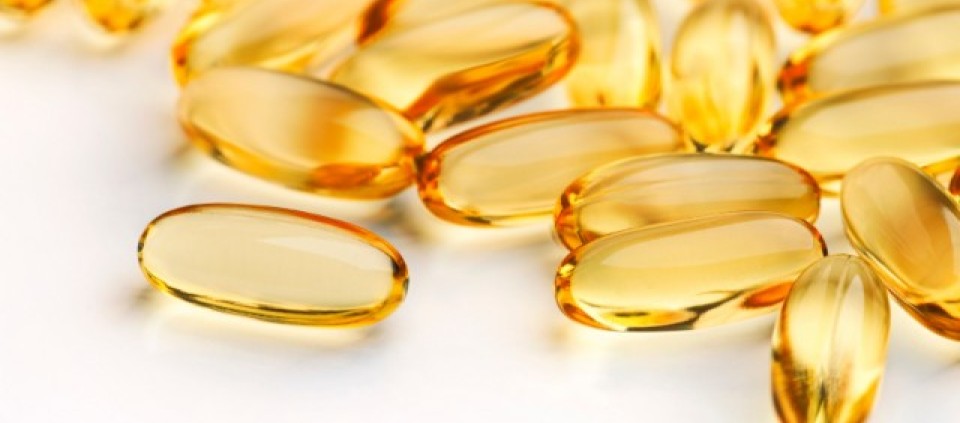Vitamins and Antioxidants, with a Grain of Salt

Living in the Information Age means that we’re constantly bombarded with data—much of it contradictory—about our health. A recent example: In a University of Paris study conducted among 2,500 men and women, researchers found that taking fish oil supplements was linked to a higher incidence of cancer in women. But wait: Haven’t we been told for years that fish oil supplements were good for us, acting as antioxidants to reduce the risk of breast cancer, as well as cardiovascular disease?
It’s certainly not the first time a new study has challenged our established way of thinking—and that’s not always a bad thing. But it’s important to keep in mind that many new studies that are released—and reported on—are not complete, says Kripalu’s Director of Medical Education, Lisa B. Nelson, MD. A recent study that reported calcium supplements increase the risk of heart disease in women older age 50 had many women eliminating their calcium intake entirely, while other reports about the benefits of certain vitamins or antioxidants, like vitamin D and beta-carotene, have led to dangerous overconsumption.
“So much anxiety gets produced when we hear news that ‘substance x’ causes cancer, especially when we heard last year that ‘substance x’ could save our lives,” says Lisa. “The truth is that most of the studies that get reported are observational,” which means that a correlation was noted, without proof of causality. The fish oil study, for example, took place among a very specific group of people—those with a history of heart disease—who additionally were not screened for cancer in advance of the trials. “Multiple studies are needed before we should accept something as truth, be it harm or benefit,” says Lisa. “A healthy dose of skepticism, and patience, is required.”
The fish oil study does remind us, however, that when it comes to antioxidants, like vitamins, it is entirely possible to have too much of a good thing. Antioxidants are molecules that work to neutralize free radicals. But free radicals aren’t necessarily bad, says Lisa. “Oxidative processes exist for a reason, and the uncomfortable truth is that even though it seems that oxidative stress has many harmful effects, we may just not be seeing or understanding the processes in which it is helpful,” she says. Antioxidants may also be helpful in one situation, and not in another. For example, Lisa points out that while the study linking fish oil with higher cancer rates is much too small to draw general conclusions from, it raises the question of whether things that feed or improve normal cell growth—vitamins, antioxidants, even protein—feed cancers as well. “Just because it’s a vitamin doesn’t mean it’s inherently safe,” she says. For instance, beta carotene—another antioxidant hailed for its ability to support immune function and good vision—may increase the risk of lung disease among certain groups, while too much vitamin D could cause the problems it was meant to prevent.
So how do we know what to take from these studies? In most cases, Lisa reminds us, it’s safer, and physiologically preferable, to get nutrients—both vitamins and antioxidants—from food. That reduces the possibility of overdosing, while also increasing their beneficial properties. “When we eat our vitamins in the form of food, especially plant foods, they come packaged with other phytonutrients, fiber, and macronutrients,” she says. “All of these work in concert, and while right now we think in terms of vitamins and antioxidants, and believe that these are our magic bullets, we may not yet understand the complex interactions that explain their health benefits.” It’s not just a matter of ‘vitamin x does y,’ Lisa says. “Plus,” she says, “I don’t know of any documented cases of an overdose on kale.”
© Kripalu Center for Yoga & Health. All rights reserved. To request permission to reprint, please e-mail editor@kripalu.org.